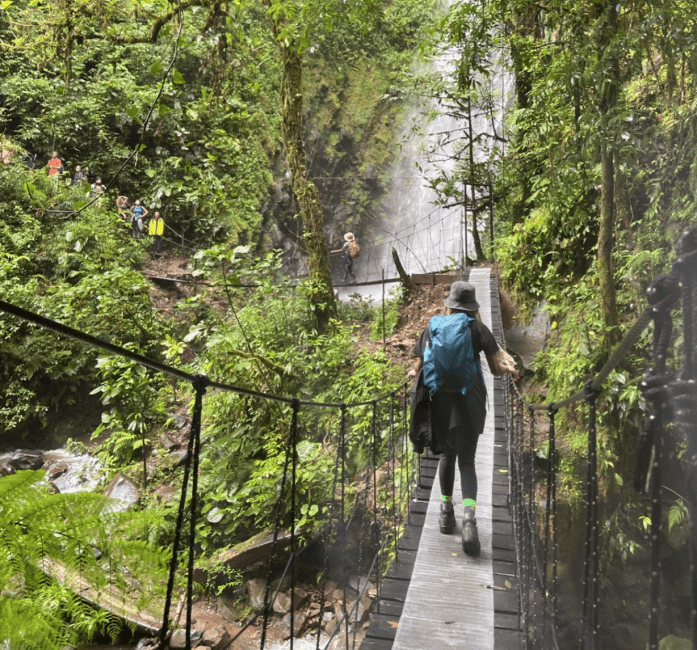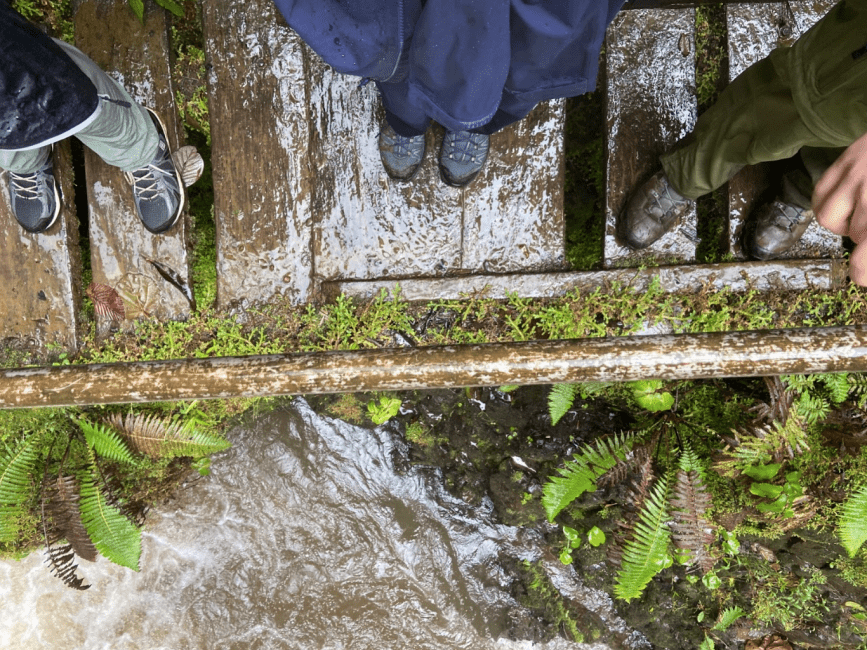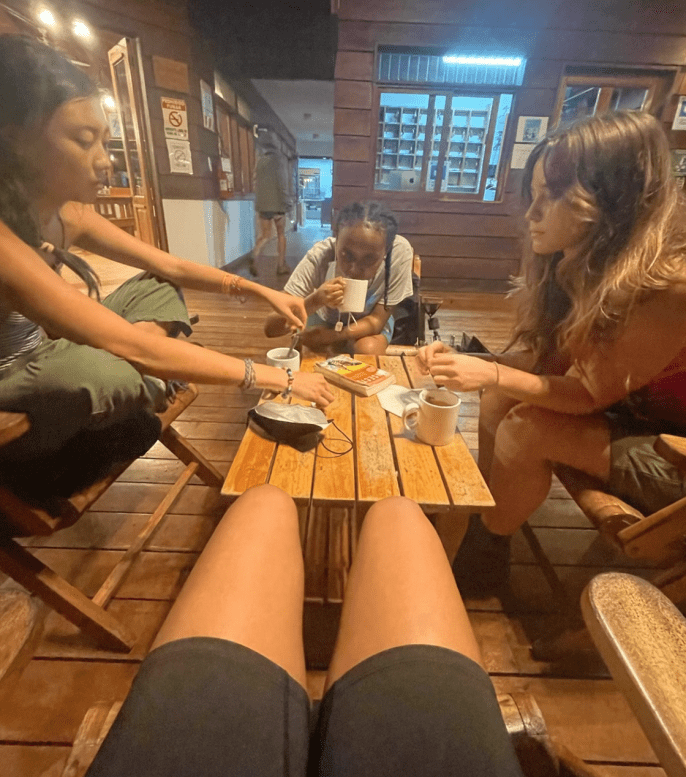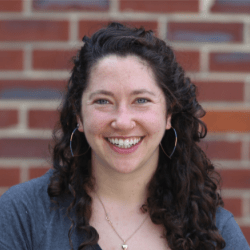Blog Takeover: The Final Days
Written by the fabulous Miranda Yang
Each morning in the city, I wake up to the silence breaking sounds of car horns, sanitation trucks, and dogs taking their morning walks. Yet, every morning at CIEE Monteverde, I wake up to wind rustling through the hammocks hanging on our bungalows, the subtle pitter-patter of rain on my bedroom’s skylight, and the now familiar calls of local wildlife. Although these sounds replace my regular and chaotic wake-up calls, the two are far from interchangeable.
During these past three weeks, I’ve encountered moments that could not be compared to the experiences I’ve had access to back home. Through the food, the community, and the environment around me, I have gathered a first-hand observation of a different culture and lifestyle. However, it’s through the differences that I’ve further realized why climate change mitigation is integral to our survival.
While I, a Brooklynite, and a local Costa Rican experience a different day-to-day, our ability to unite in crisis is both admirable and saddening. The issue is prevalent in our communities, thousands of miles apart, and the need for mitigation to preserve our vastly different cultures stays the same.
From my experience here, I’ve gathered that the need to address climate change doesn’t just come from fear of rising temperatures or more extreme weather conditions, but also, from protecting the delicacy that is culture. Though the climate crisis affects everyone, it hits certain communities harder, and most of the time, they happen to be communities of color and/or of low socioeconomic status, and this is something that translates globally.
Although my classmates and I were able to recount our own experiences with climate change, they weren’t of the same magnitude as things we’ve learned about and seen here. In part, this is because of our shared lack of accessibility to wildlife. But mostly, it’s because we are accustomed to existing in a heavily consumerist culture. Before coming here, I didn’t think I’d ever be able to swim in a turquoise river, observe tapirs eat guava, watch a family of coatis cross the street, see monkeys just by looking up, or stop on the side of the road to watch a sloth eat lunch. But also, I had never thought about what it’d be like to lose an entire culture: studying in Costa Rica showed me how culture can be intertwined with the environment rather than actively destroying it.
Now that I’m leaving, and trust me- it’s a tearful goodbye, it’s especially important to keep these experiences with me. Using the knowledge I now have, mitigating climate change in the city has a new purpose. It’s no longer only for the well-being of my city and family and environment, but for the global impacts my city and country cause. It was through these unique experiences that objects of beauty became pillars of culture, and my want to fight the climate crisis turned into a need.
Related Posts
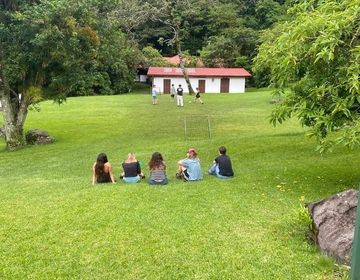
A Glimpse Into the First Week of High School Summer Abroad in Costa Rica
As the calendar turns to a new year, many students begin thinking about what’s next: new goals, new challenges, and experiences that will stay with them long after summer ends... keep reading
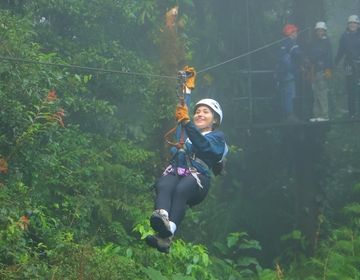
Soaring Through the Jungle at Selvatura Adventure Park
This blog post was written by Karina Avila, a very curious Global Navigator who is up to conquer any adventure set her way! She is a Mexican American 15-year-old living... keep reading
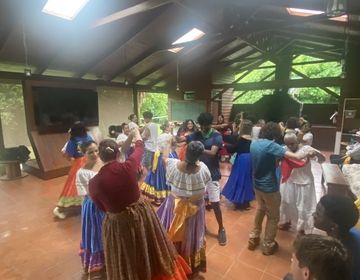
A Colorful Finale
For our last blog post, the incredible Rama Mansour crafted a fantastic summary of our final few days. Great job Rama! The last few days here in Monteverde have been... keep reading
